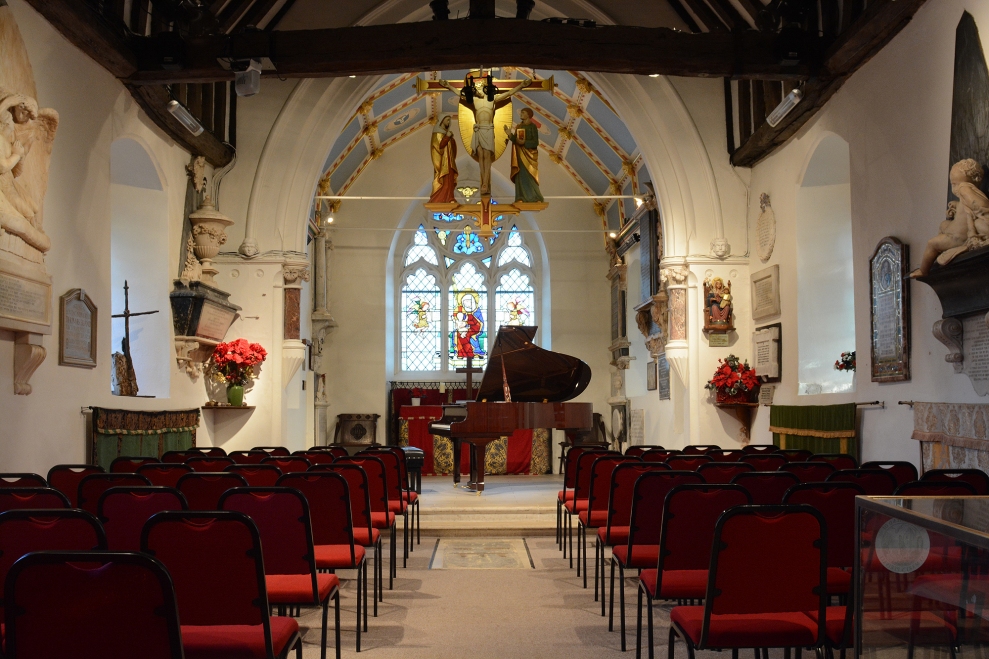Many of us enjoy listening to the brilliant young musicians who come from outside the EU to study at one of the London conservatoires. I have only recently started to understand the difficulties they face in surviving here, and being allowed to remain in the UK. I thought it might be interesting to describe the circumstances of one such musician. At his request, I am keeping his identity secret, but all the details below are accurate.
He is an exceptional young pianist, in his mid-20’s who has a star-studded CV. He was born in the former Soviet Union, showed exceptional promise from an early age, trained with distinction at the Moscow Conservatory and won a scholarship to study at the Royal College of Music. He has won first prize in two important international competitions as well as several awards in other competitions. He is a charming young man who, to coin a phrase, plays like a god ! Yet he is in an impossible situation. Although his scholarship covers his tuition fees at the RCM, it doesn’t cover his living expenses, which need to be obtained from elsewhere. He is not allowed to teach piano or work in any other capacity. The immigration authorities require him to show that he has £11,000 in his bank account for a period of a month, in October, to prove that he can sustain himself, before they will give him a student visa to remain in the UK. He has won several awards of a few hundred pounds from various worthy funding bodies who support exceptional young musicians, but is still about £5000 short of the target, and is desperate to raise the funds to allow him to stay in the UK and to progress his career as a pianist. Various generous individuals have already contributed support, but it is insufficient. The RCM (and Professor Vanessa Latarche in particular) have been immensely supportive to this student, but there is little more they can do.
I am writing this post for two reasons. Firstly, there may be some readers who would like to help this wonderful young musician so that he can complete his training. I have heard this pianist give outstanding recitals and I know enough about piano-playing to declare that he has exceptional talent. He is also a thoroughly charming person, and I cannot think of a more worthy recipient of support. If anyone would like to contribute to help him stay in the UK, please send me an email at hmather@btopenworld.com and I will put you in touch with him directly. I hope this might stir some generous souls to contribute. Why not help this very good cause ? Any support would be treated in strictest confidence, and would be gratefully received.
Secondly, I am ashamed of our country’s attitude to outstanding young musicians. This blog steers well clear of political comment, particularly in the current climate, but when there are so many untraceable illegal migrants in the UK, it seems perverse to concentrate so hard on excluding supremely talented young musicians from the UK. This is a frequent problem for the many other brilliant musicians who want to remain here. London is still the music capital of the world, and so many of the world’s elite musicians live here. In terms of pianists, for example, this includes Brendel, Perahia, Uchida and Schiff, who were all born abroad and have contributed enormously to our cultural life. So why do we make it so difficult for their successors to settle here ?

